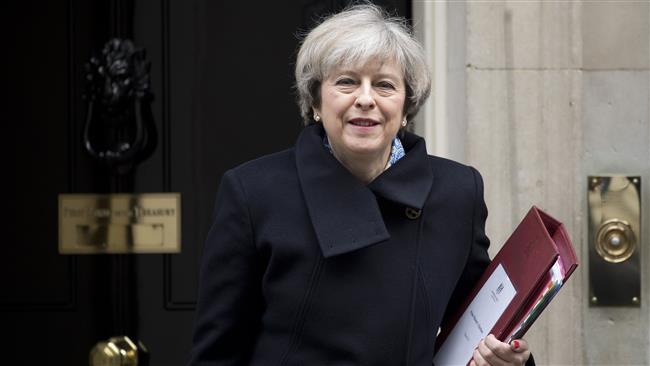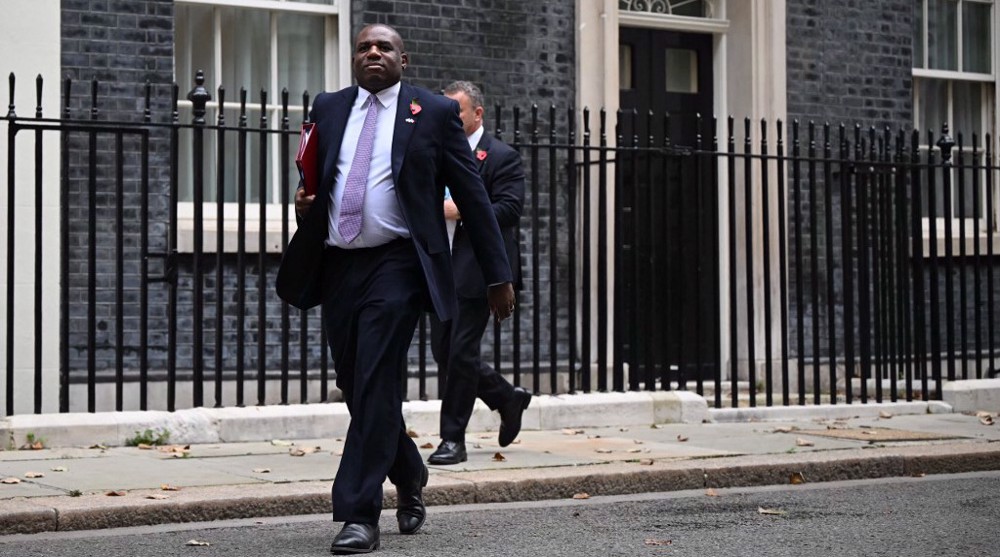May should protect EU nationals before Brexit: UK lawmakers
British lawmakers have further delayed the country’s withdrawal from the European Union by requiring the government to address concerns regarding the rights of EU citizens living in the country.
The House of Lords voted 358 to 256 on Wednesday for a change to Prime Minister Theresa May’s Brexit plan, stating she can only trigger Article 50 of the Lisbon Treaty and begin EU talks by promising to protect the rights of over 3 million EU citizens that reside in the country.
Introduced by the opposition Labour Party and Liberal Democrats, the amendment postpones the passing of May’s plan and pushes back the earliest date she can set Brexit in motion to around March 13.
Government sources told British media that May would fight the new mandate once it reaches the lower house of Parliament, where the ruling Conservatives are in majority.
"We are disappointed the Lords (upper chamber) have chosen to amend a bill that the Commons (lower chamber) passed without amendment," a spokeswoman for the Brexit department said in a statement.
"Our position on EU nationals has repeatedly been made clear. We want to guarantee the rights of EU citizens who are already living in Britain, and the rights of British nationals living in other member states, as early as we can."
May has stated that she would protect EU nationals only if other European countries agree to do the same for UK nationals who are living abroad.

Labour defended the move, however, saying May needed to address the issue.
"Labour believe that EU nationals should not be used as bargaining chips in Brexit negotiations," said the party's Brexit spokesman Keir Starmer.
"There is a growing consensus that this must be resolved before Article 50 is triggered, and the Prime Minister is now increasingly isolated,” he added.
Load More
The British media reported over the weekend that May was likely to revoke the right of European nationals to stay permanently in the UK after initiating Brexit.
Migrants who arrive after the initiation date in mid-March are expected to undergo a regime of post-Brexit restrictions instead, which involves a new visa process as well as limited access to benefits.
A government source told The Daily Telegraph that the decision was necessary because otherwise “half of Romania and Bulgaria” might come to Britain before Brexit.
Israeli strike on Lebanon kills at least 15 people
Israeli forces kill 7 more Palestinians in West Bank
VIDEO | US presidential election
Netanyahu fires military affairs minister Gallant
Hezbollah attacks turn Israel’s Haifa into a ghost town
Iran’s FM meets Pakistani PM, discusses bilateral ties, Israeli atrocities
Iran ramps up gasoline output amid rising demand
UK foreign secretary under pressure over denial of genocide in Gaza










 This makes it easy to access the Press TV website
This makes it easy to access the Press TV website